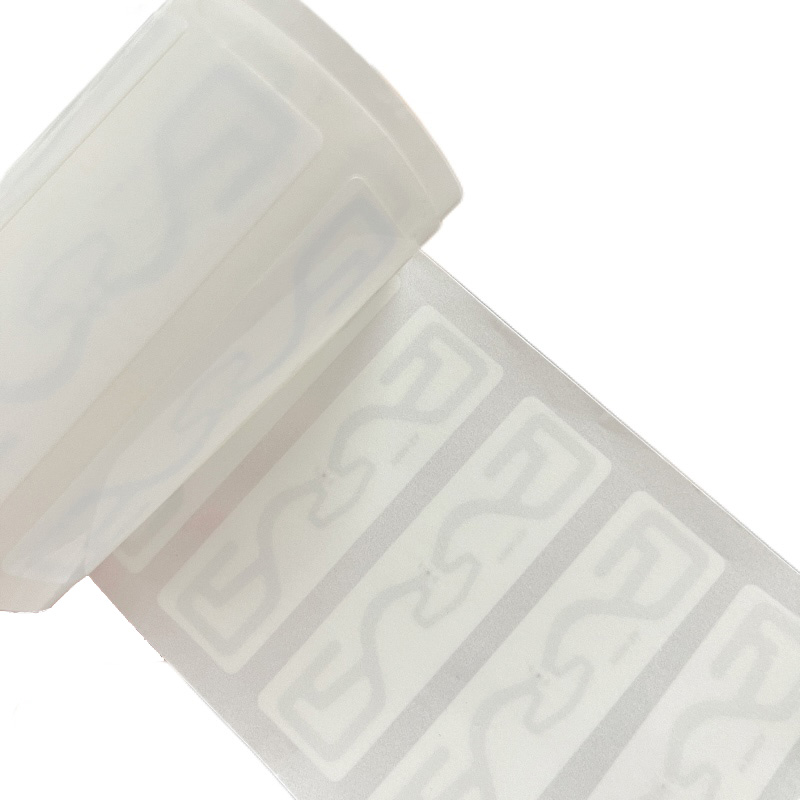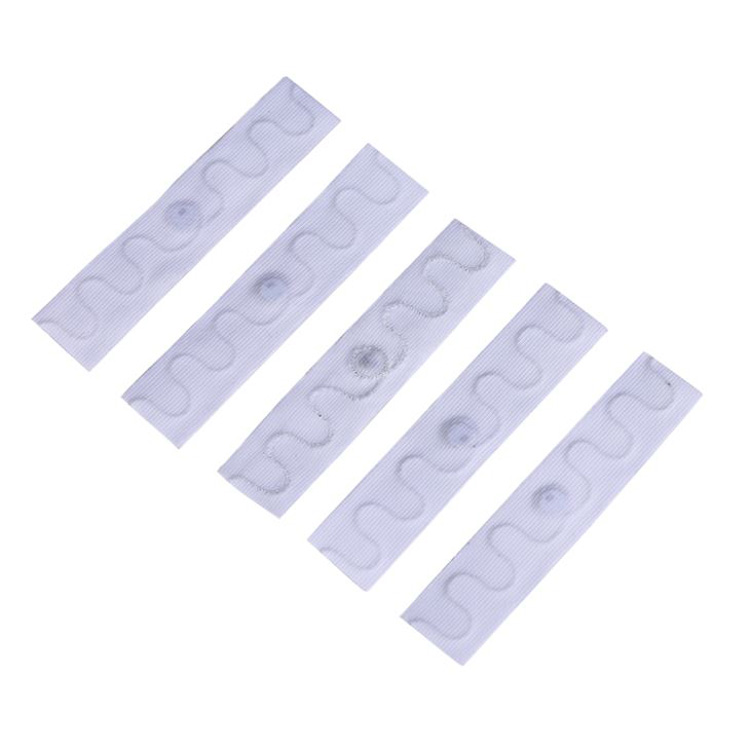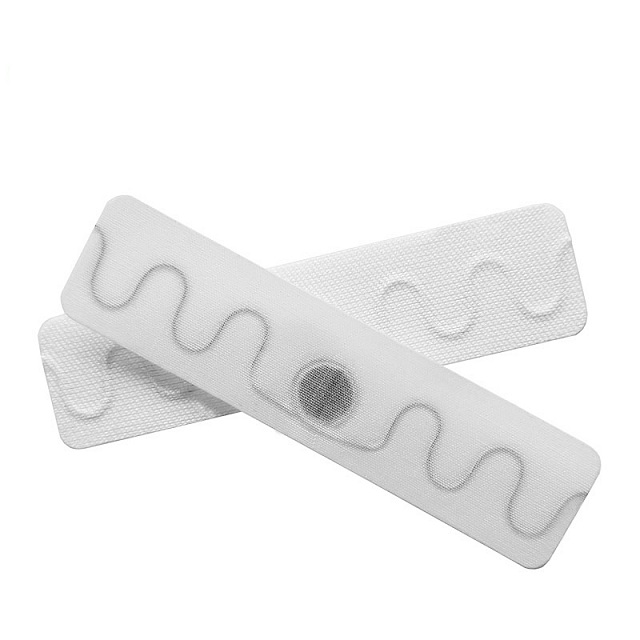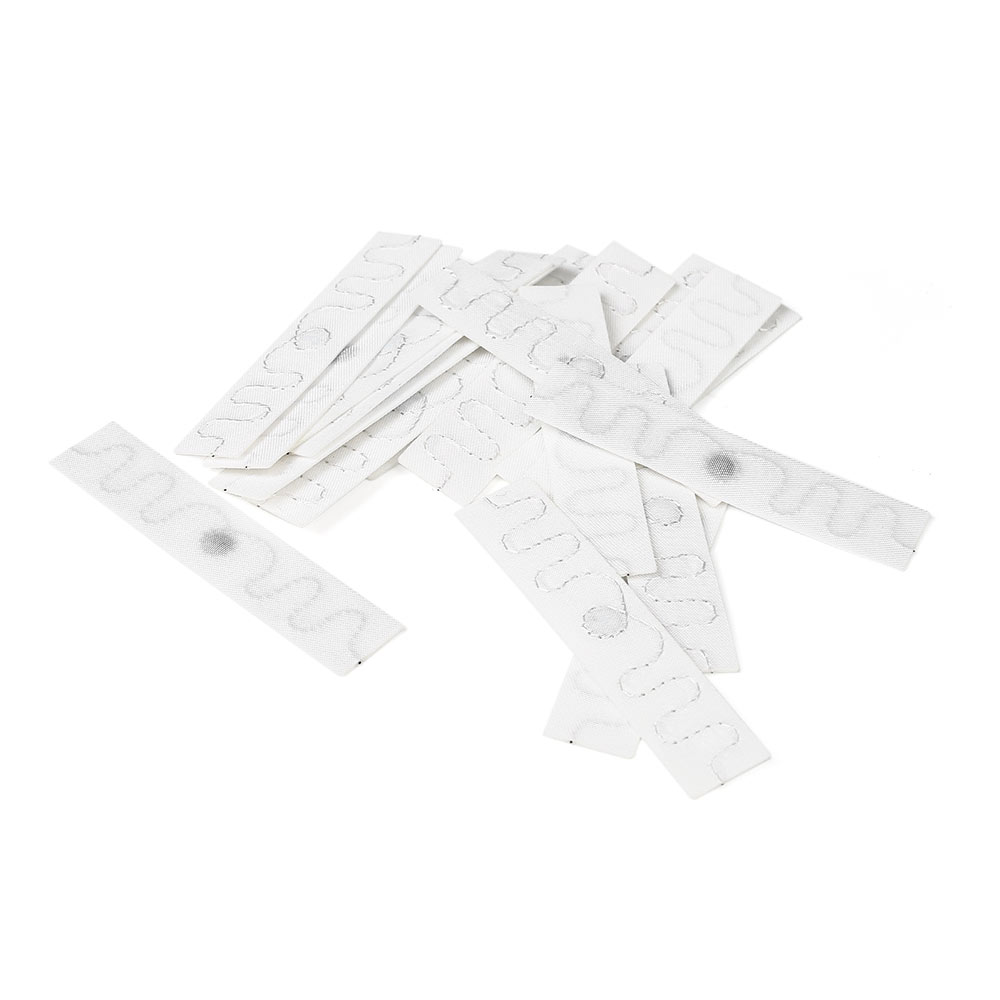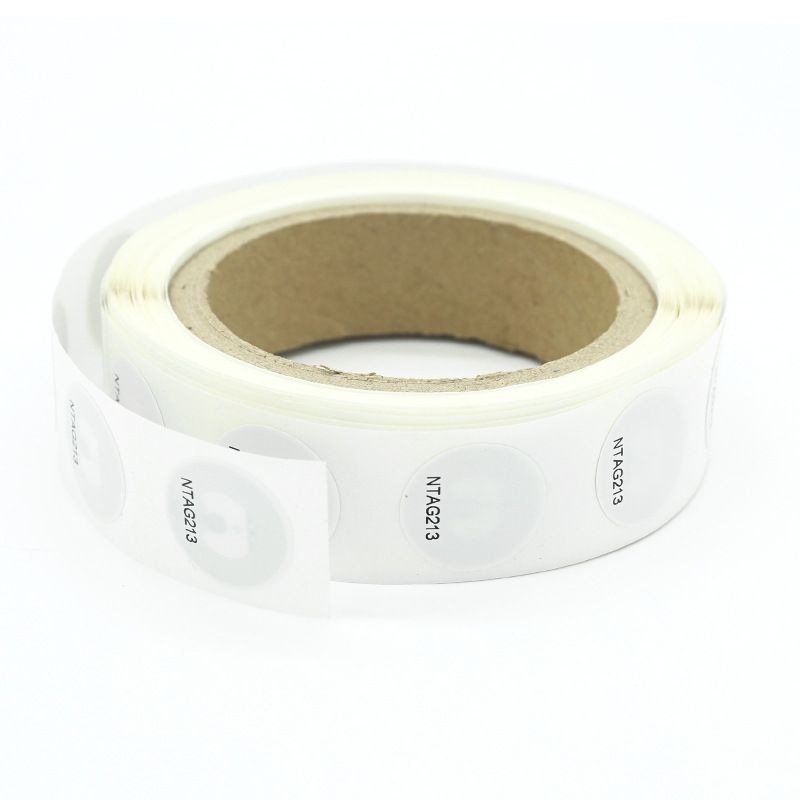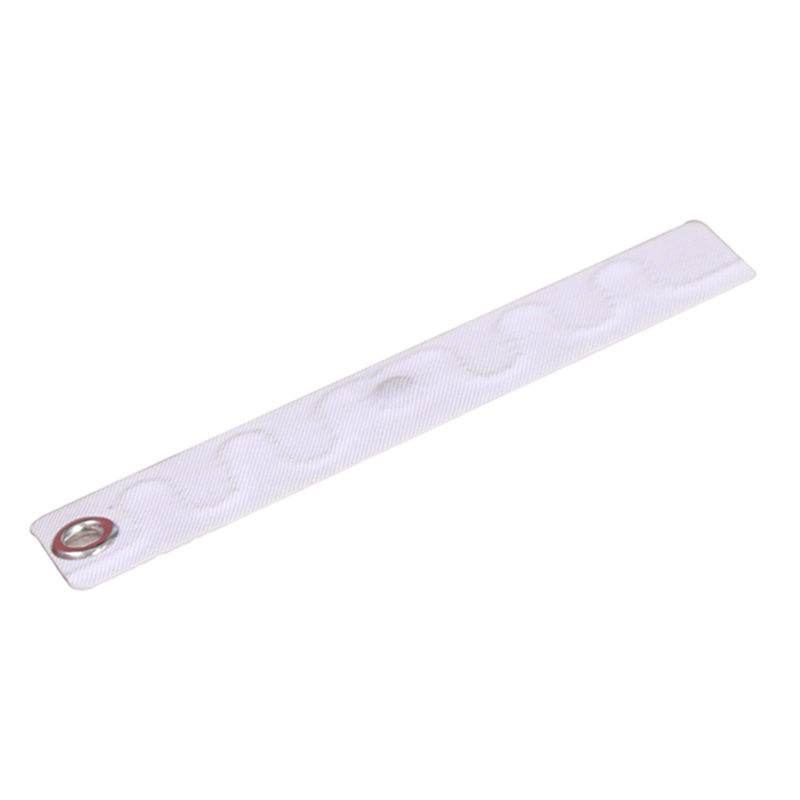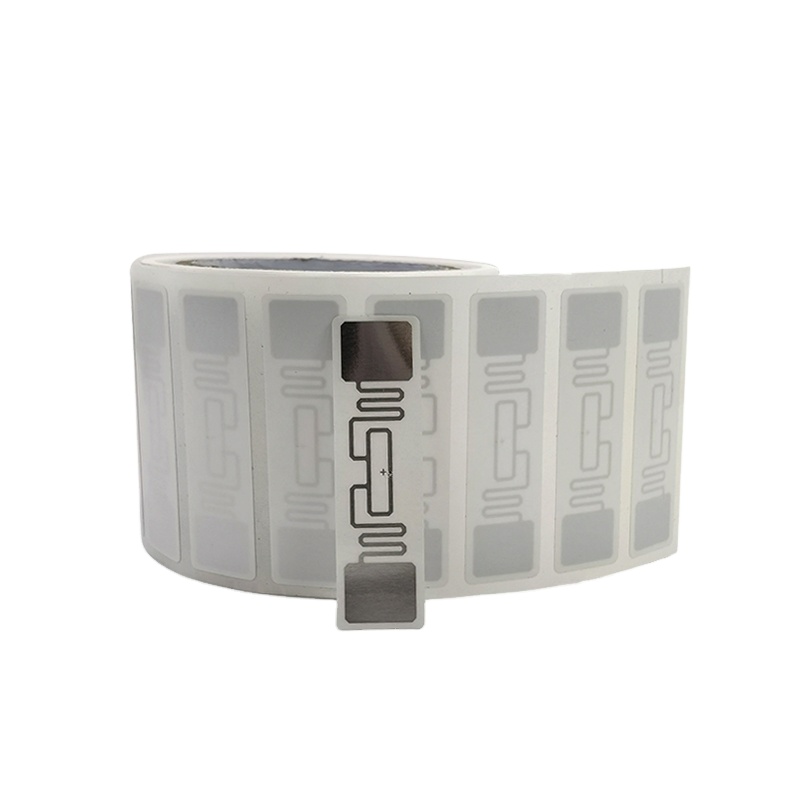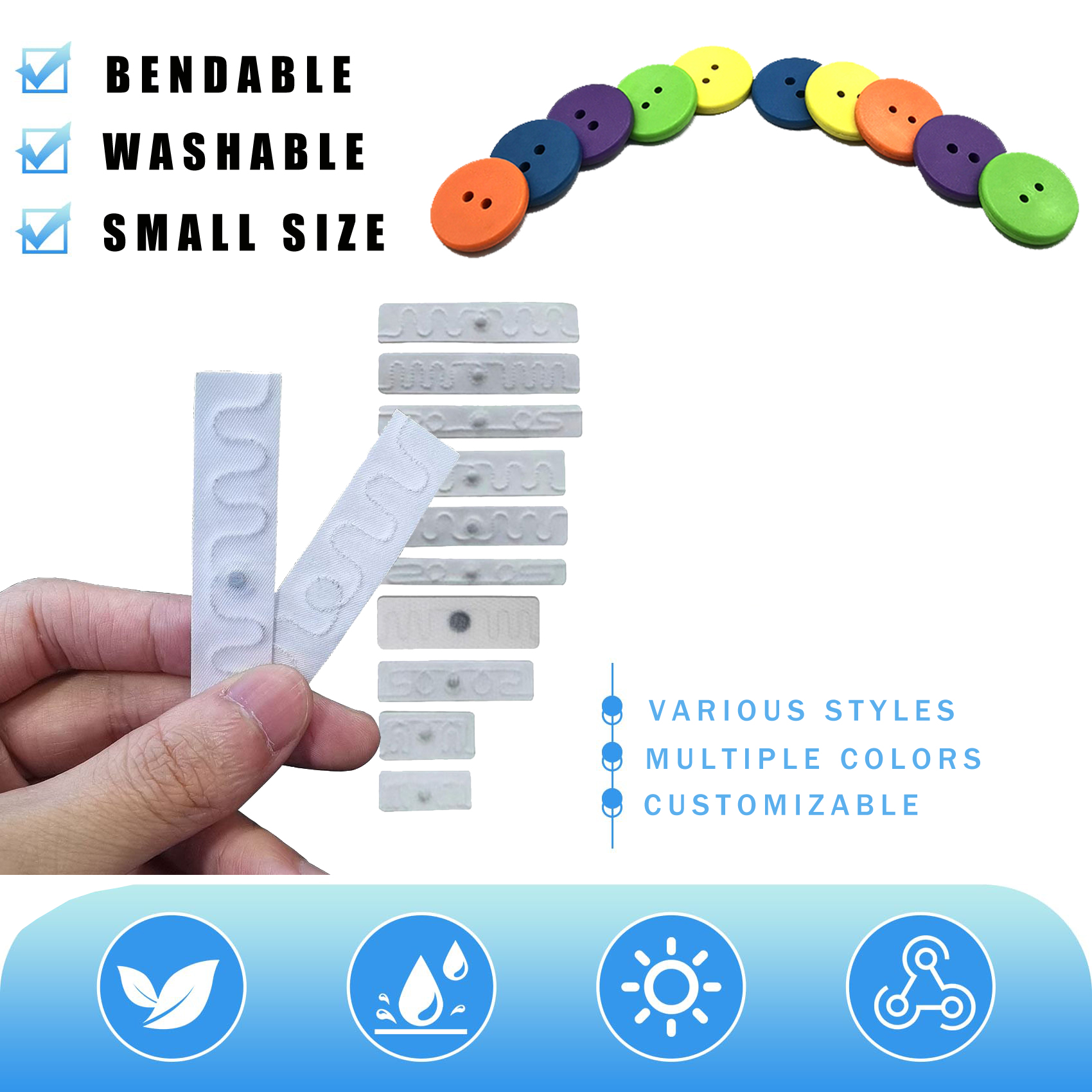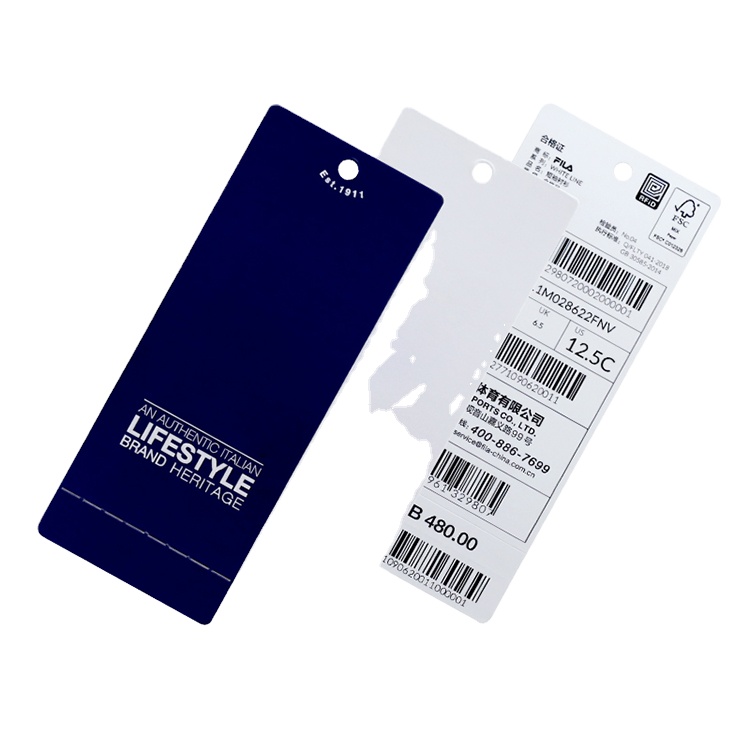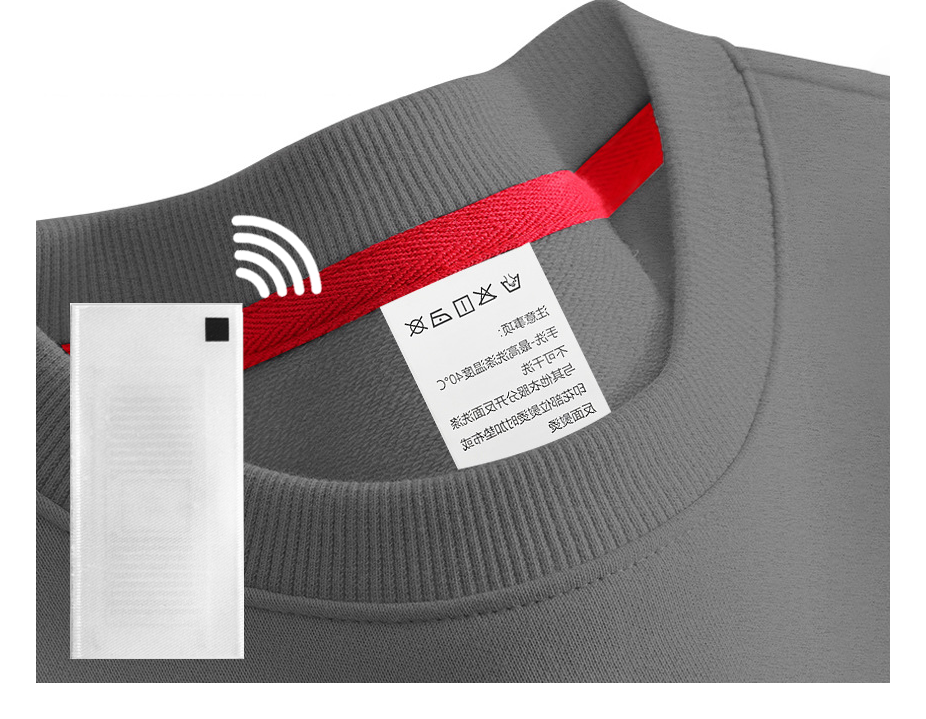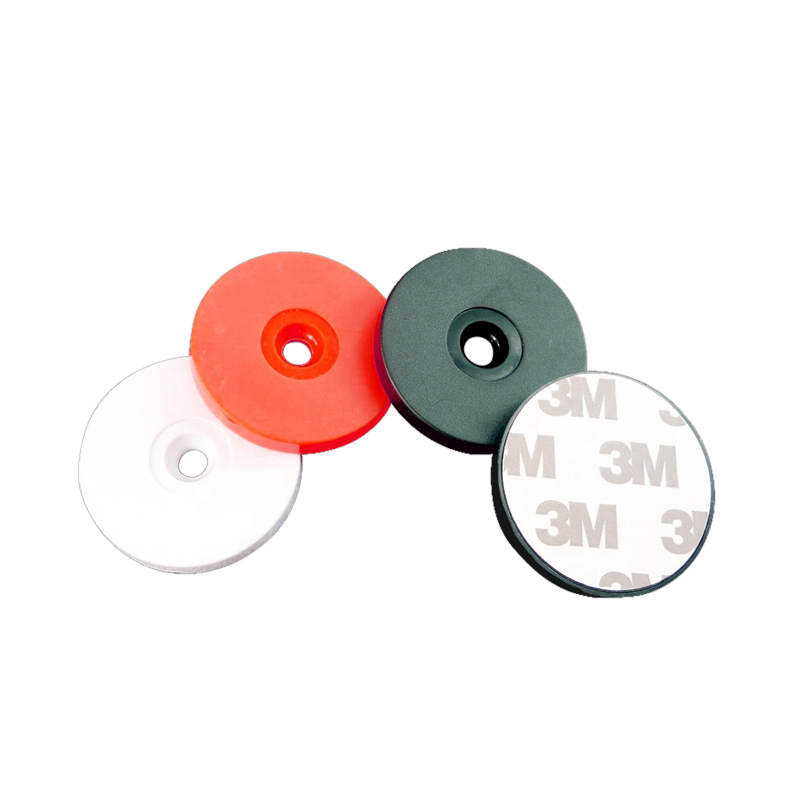How RFID technology helps labs become smarter
In modern scientific experiments, labs have to deal with a variety of equipment, reagents, and samples every day. Managing these things is not only complicated, but also easy to make mistakes if you are not careful. The traditional method of recording with paper is too slow and easy to lose. To solve this problem, a technology called “RFID” is being used by more and more labs to make management smarter and safer.
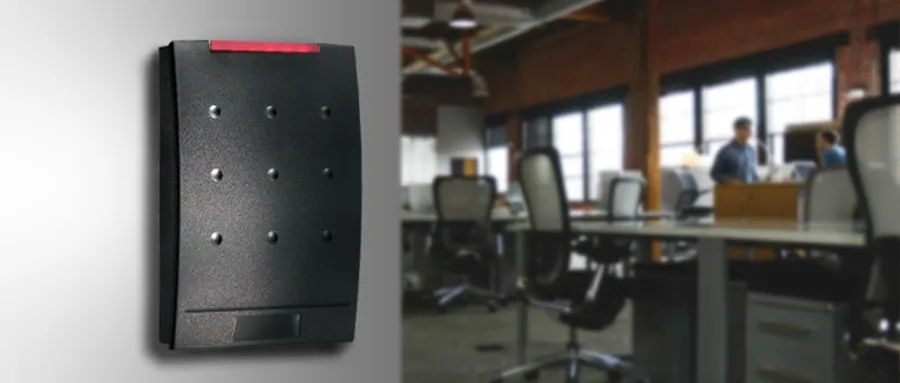
What is RFID?
RFID stands for “radio frequency identification”. Simply put, it is like a label that can “talk”. You stick it on a device or item, and scan it with a special machine (called a reader) to know what it is, where it is, who has used it, and even its current status.
This kind of label does not need to be aligned, nor does it need to be scanned one by one like scanning a barcode. It can read many at a time, which is very convenient. Moreover, the label is waterproof, sun-proof, and reusable, which is very suitable for the environment of the laboratory.
How RFID Printers Prevent Tampering When Writing Chip InformationWe often use RFID tags, such as the following:
Chip type: Alien H9, Ucode8/9 (customizable)
Frequency: 860-960MHz
Protocol: ISO/IEC 18000-6C
Size: 100*33mm (customizable)
Material: coated paper, PVC, PET (customizable)
Features: waterproof, weather-resistant
Communication method: RFID, UHF
Storage: Depends on the chip
They can be attached to almost anything, are not afraid of water or wind, and data can be written in to prevent tampering, which is very reliable.
How to use RFID in the laboratory?
1. Manage instruments and equipment
The instruments in the laboratory are expensive and numerous, and they also need regular maintenance. Attaching RFID tags to the equipment can record its usage and maintenance records. Every time you use or maintain it, just scan it and the information will be automatically saved without manual filling. This not only saves time, but also prevents forgetting or making mistakes.
2. Sample management
The sample is like the “treasure” of the experiment. Once it is wrong or lost, the entire research may fail. By marking the sample tube with an RFID tag, you can check in real time where it is now, who has used it before, and whether the storage temperature is appropriate. Every link is recorded to prevent loss and misuse.
3. Laboratory access control and safety
Some laboratories cannot be entered casually, especially those with hazardous chemicals or important research materials. RFID access control cards can set who can enter and when they can enter, and each entry and exit will be automatically recorded. This not only improves safety, but also does not require manual registration every time.
There are challenges, but the prospects are better
Of course, there are some problems when using RFID at the beginning, such as the cost of installation and tags may not be cheap, and the system must be connected to existing software. But the good news is that with the advancement of technology, these costs are constantly decreasing.
In the future, RFID will be combined with the Internet of Things (IoT) and big data to make laboratories more like “thinking” spaces: for example, when the equipment should be repaired, the system can tell you in advance; if the inventory is insufficient, the system can automatically place an order for replenishment. This will make scientific research more efficient and accurate, and save a lot of manpower.

